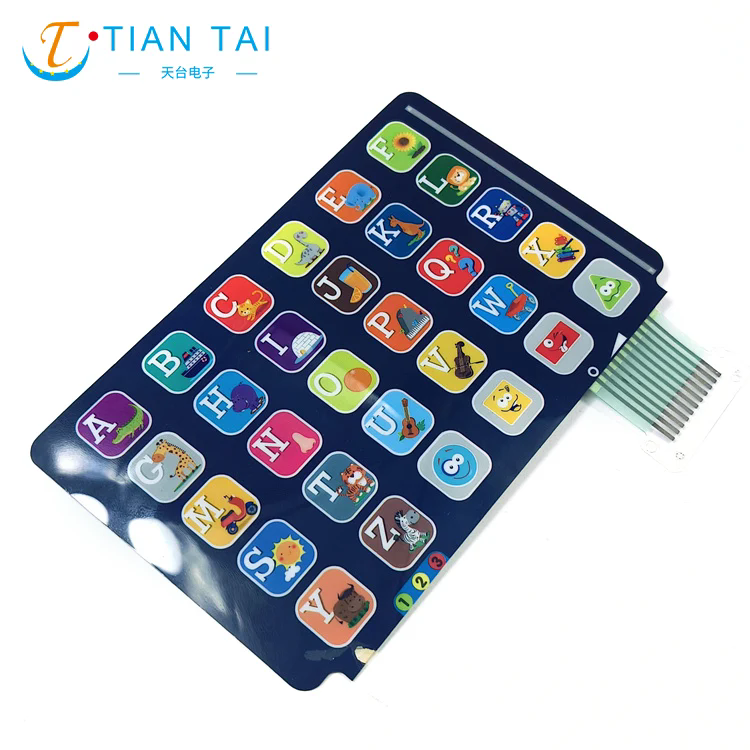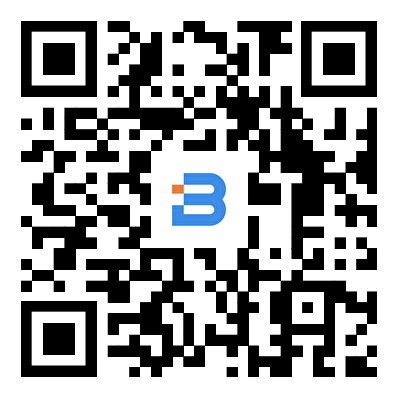Membrane Switch Keypad: Durable and Customizable Interface Solutions
2025-07-11
A membrane switch keypad is a type of user interface used to control electronic devices. It consists of thin, flexible layers that form buttons and circuits, allowing users to input commands through tactile pressure.
What is a Membrane Switch Keypad?
Membrane switch keypads are low-profile, sealed input devices made by layering flexible materials such as polyester films, conductive inks, and adhesive layers. When a key area is pressed, the circuit completes, sending a signal to the device.

Components of a Membrane Switch Keypad
Graphic Overlay: The top printed layer displaying button labels and designs.
Spacer Layer: Separates the circuit layers to prevent unintended contact.
Circuit Layer: Printed conductive traces that detect key presses.
Backer Layer: Provides support and rigidity to the switch assembly.
Types of Membrane Switch Keypads
Tactile Membrane Switch
Includes a metal dome or embossment under the key area.
Provides a noticeable “click” feedback when pressed.
Non-Tactile Membrane Switch
No physical feedback.
Often used where silent operation is preferred.
Backlit Membrane Switch
Integrated LEDs or light guides to illuminate keys.
Enhances usability in low-light environments.
Graphic Membrane Switch
Highly customizable graphics and colors on the overlay.
Can include multiple languages and icons.
Benefits of Membrane Switch Keypads
Compact and Lightweight: Thin construction saves space.
Sealed Design: Resistant to dust, moisture, and contaminants.
Cost-Effective: Cheaper than mechanical keypads for large-scale production.
Customizable: Can be designed with various layouts, colors, and feedback options.
Durable: Long lifespan with no mechanical parts to wear out easily.
Common Applications
Medical devices and equipment.
Consumer electronics like remote controls and calculators.
Industrial machinery control panels.
Household appliances.
Automotive dashboards.
Design Considerations
Choose tactile feedback based on user preference.
Select appropriate materials for durability and environmental resistance.
Consider integration of backlighting for visibility.
Customize graphic overlay for branding and user interface clarity.
Conclusion
Membrane switch keypads provide a reliable, customizable, and cost-effective solution for modern user interfaces. Their durability and versatility make them ideal for a wide range of electronic applications requiring compact and sealed controls.


